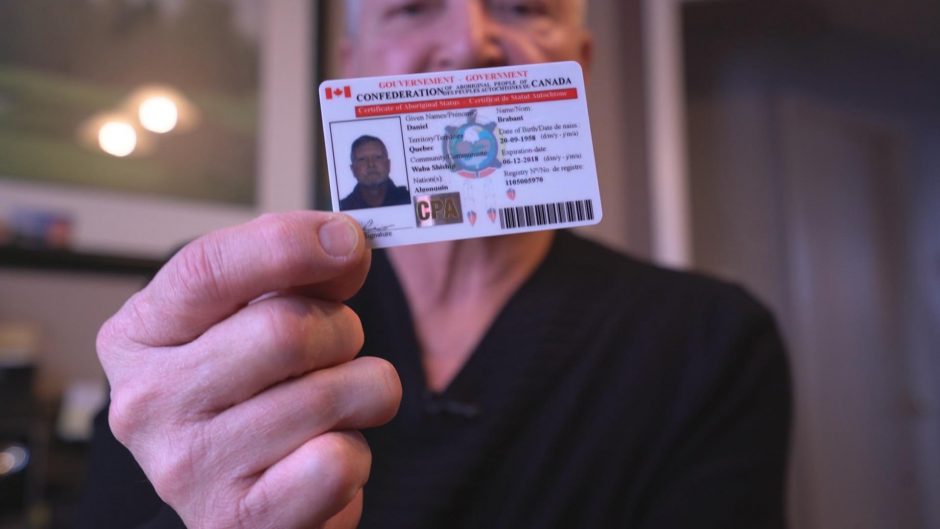June 13, 2018
When Louis Côté became suspicious of a Toronto-based laboratory that tests people's DNA to determine their ancestry, he decided to try an experiment by submitting a sample from his girlfriend's dog for analysis.
According to the results, Côté shares more than a friendship with Snoopy the chihuahua; they share the exact same Indigenous ancestry.
"I thought it was a joke," Côté said. "The company is fooling people … the tests are no good."
A subsequent CBC News investigation has found there are not only concerns about the accuracy of the DNA tests but also about the possible fraudulent use of cards resembling certificates of Indian status to secure tax exemptions the holders aren't entitled to.
Côté, from Mascouche, Que., says he first became skeptical of the results produced by DNA testing company Viaguard Accu-Metrics last summer while working with a group called the Confederation of Aboriginal People of Canada (CAPC).
The group says it was established to support the interests of off-reserve Indigenous people, but it's not recognized by the national Assembly of First Nations or the Canadian government.
A number of CAPC's members aren't part of any First Nations community and don't have Canadian government-issued Indian status. (Those with official Indian status can use their status cards to obtain tax exemptions for things such as on-reserve retail purchases and income tax, and to get access to health care, social programs and education. Some provinces also allow exemptions to the provincial portion of sales taxes for off-reserve purchases.)
Instead, CAPC members rely on the results of DNA testing for proof of their Indigenous ancestry.
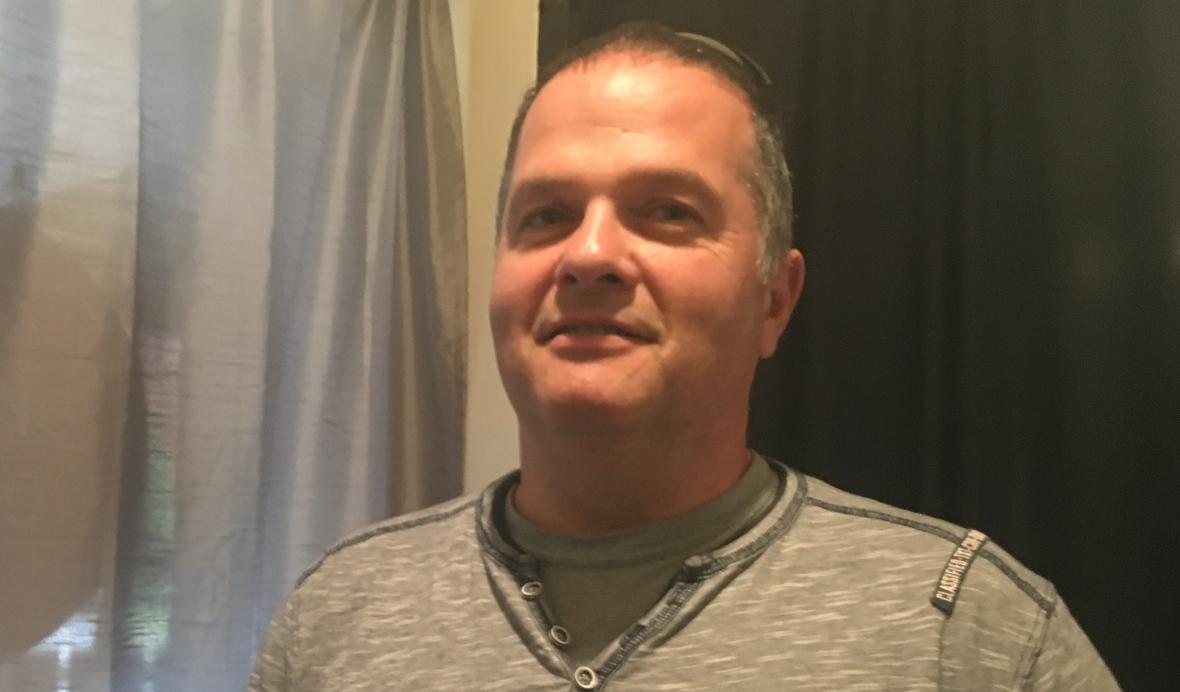
For $250, CAPC will arrange the DNA test and collect the samples from prospective members. The test itself is done by Viaguard.
If the test confirms a person has at least one per cent Indigenous ancestry, it's another $80 for membership in the group and a CAPC card.
Côté says it was his job to collect the DNA samples for CAPC. But he started to have doubts.
"I heard some things that were not straight with these tests," he said.
So Côté says he bought three DNA test kits directly from Viaguard in July last year. He took three different samples, which he says he sent back to the company's lab.
Two of the samples contained swabs of his inner cheek. He says he labelled one with his name and the other with his father's name. For the third sample, Côté says, he swabbed inside Snoopy's mouth and then wrote his adopted son's name on the label.
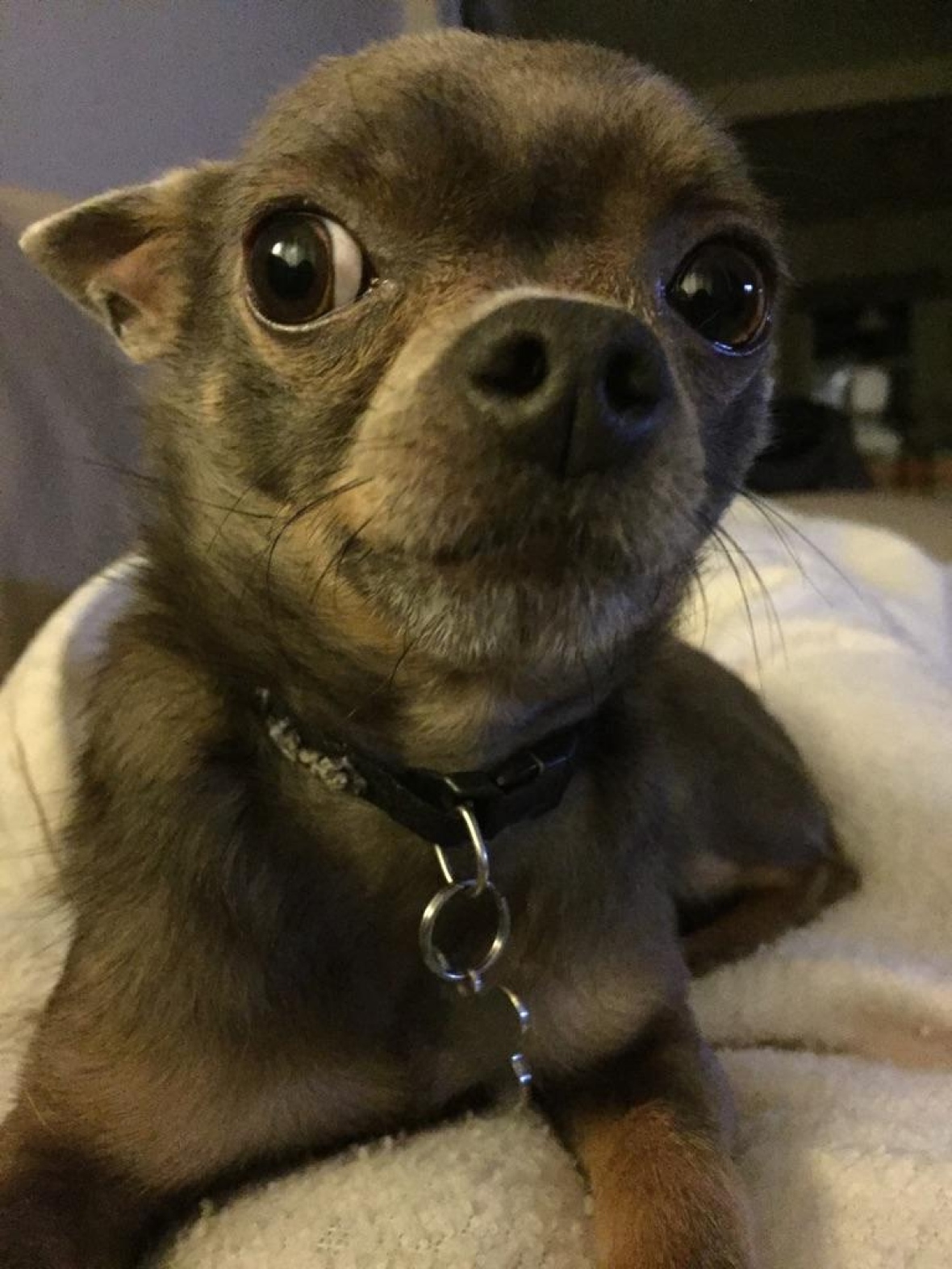
On Aug. 26, 2017, he received three separate emails from Viaguard, each containing a link to a PDF. The test results, which he provided to CBC News, were identical — both Côté and Snoopy had 20 per cent Native American ancestry: 12 per cent Abenaki and eight per cent Mohawk.
"I don't feel very good for the people who paid for these tests," Côté said. "They may have paid for nothing."
II. Shopping trip
Inside a store in Montreal, a cashier is handed what appears to be an Indian status card, an official government document that can entitle the holder to tax exemptions at the checkout. The cashier deducts the tax, but the man who handed her the card walks away before the transaction is complete — he knows that following through would be breaking the law.
"Merchants don't know the laws, so they will take anything presented to them," said Daniel Brabant, referring to the CAPC card just shown at the cash.
"I know somebody who bought over a quarter of a million [dollars] to do some renovations and saved over 35-grand in taxes."
Brabant, a former CAPC member from Brossard, Que., who was removed after a dispute with the group, invited CBC News on this shopping trip. He wanted to demonstrate how easily some members of CAPC are getting tax exemptions they're not entitled to under Canadian law.
"I know somebody who bought over a quarter of a million [dollars] to do some renovations and saved over 35-grand in taxes," he said.
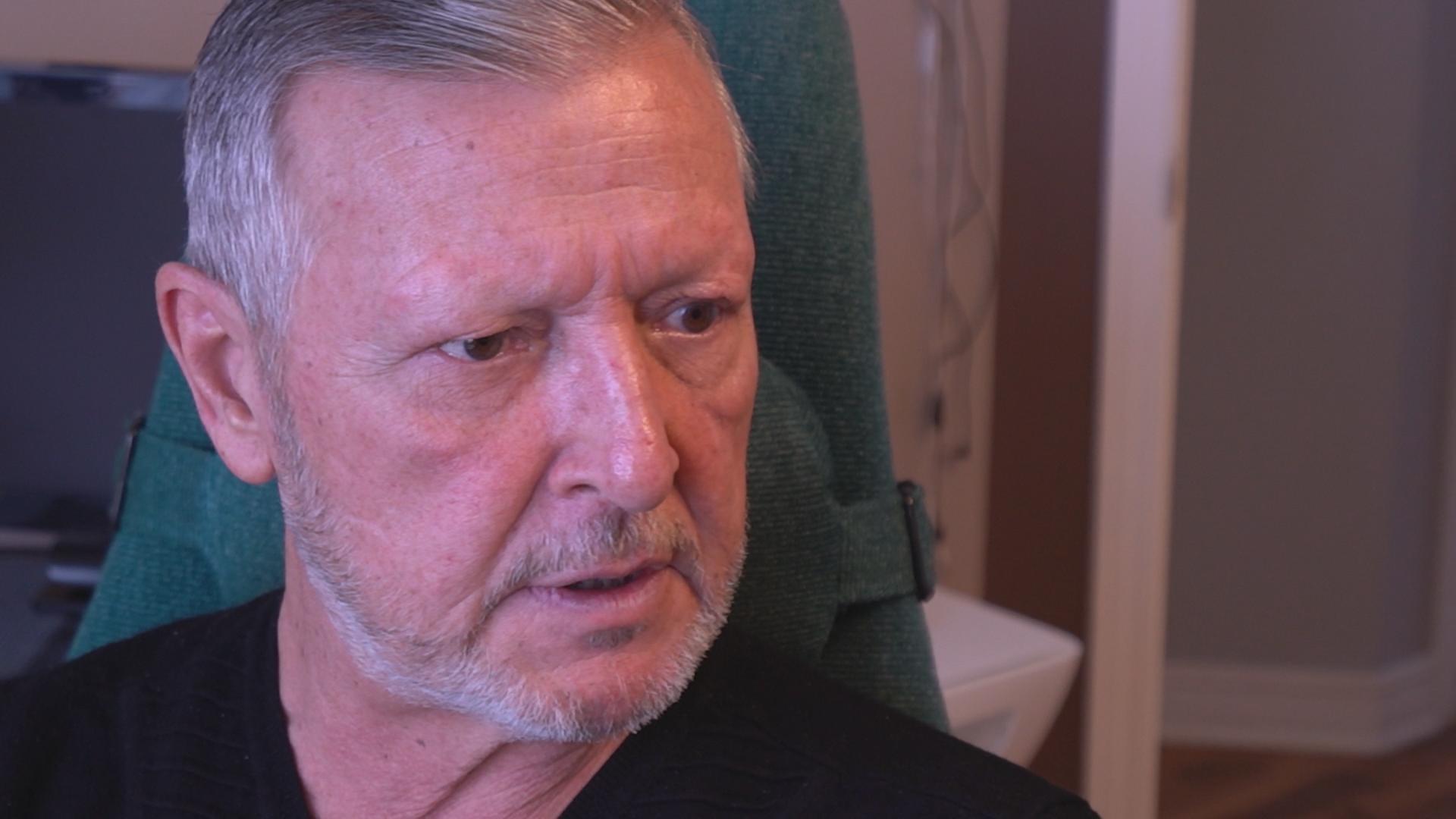
CAPC is led by Guillaume Carle, who created it in 2006. He claims it has 50,000 members nationwide and says about 90 per cent of the members have passed a DNA test confirming they have Indigenous DNA.
He refers to the CAPC card as something to identify a person as being Indigenous, but he denies the card has anything to do with taxes.
"It has to do with your nationality," Carle said.
However, the CAPC card resembles an official Indian status card issued by the Canadian government, and Brabant says he was given the impression by the group that membership confirmed he had Aboriginal status and rights.
"That's the message: you're Indian so you get the same right as the guy that lives on the reserve. You can go fishing, you can go hunting any time you want, you can use the [CAPC membership] card for tax purposes, and that's all there is to it."
And like Côté, Brabant has questions about the validity of the DNA tests CAPC relies on.
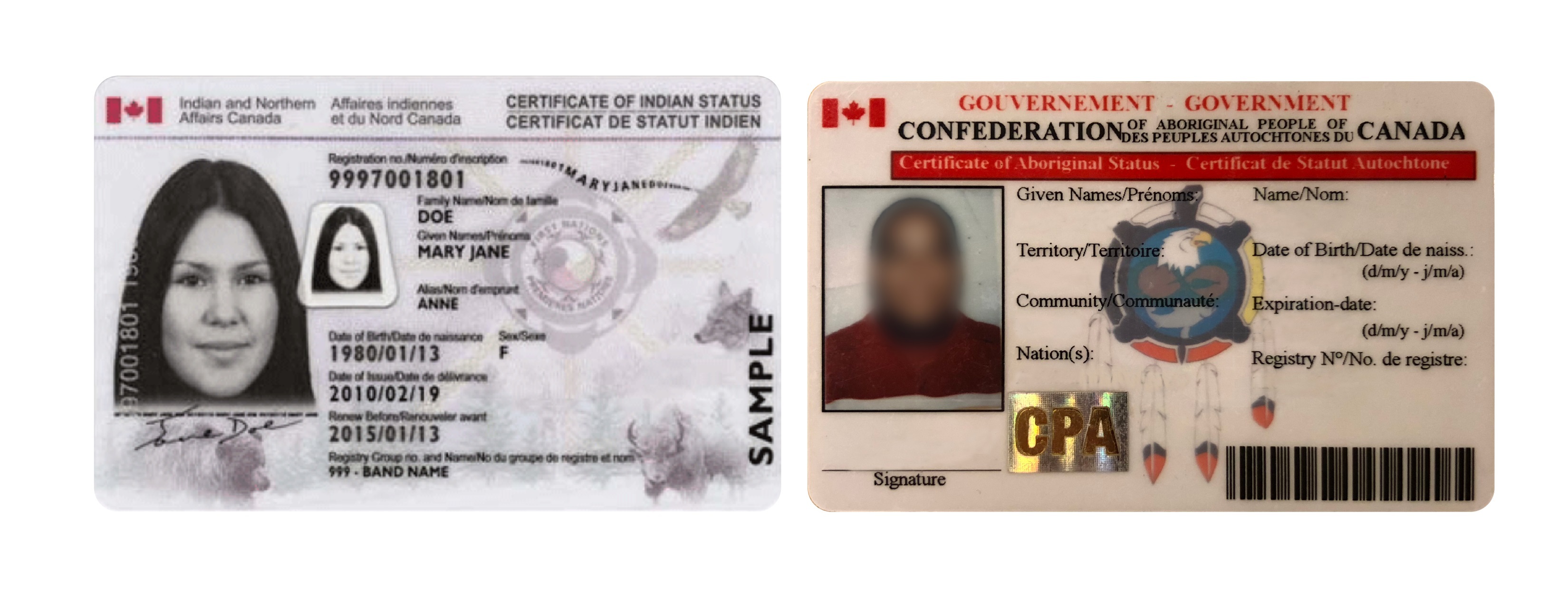
Brabant says he paid to get his DNA tested through CAPC but became suspicious when he received two different sets of results. First, the confederation emailed him results saying he had 19 per cent Aboriginal ancestry. Then five weeks later, he says, he received a second set of results saying 30.4 per cent.
Brabant says he had heard about Côté's experience, so he sent in a sample of DNA from his French poodle, Mollie, to the same company CAPC uses for DNA testing.
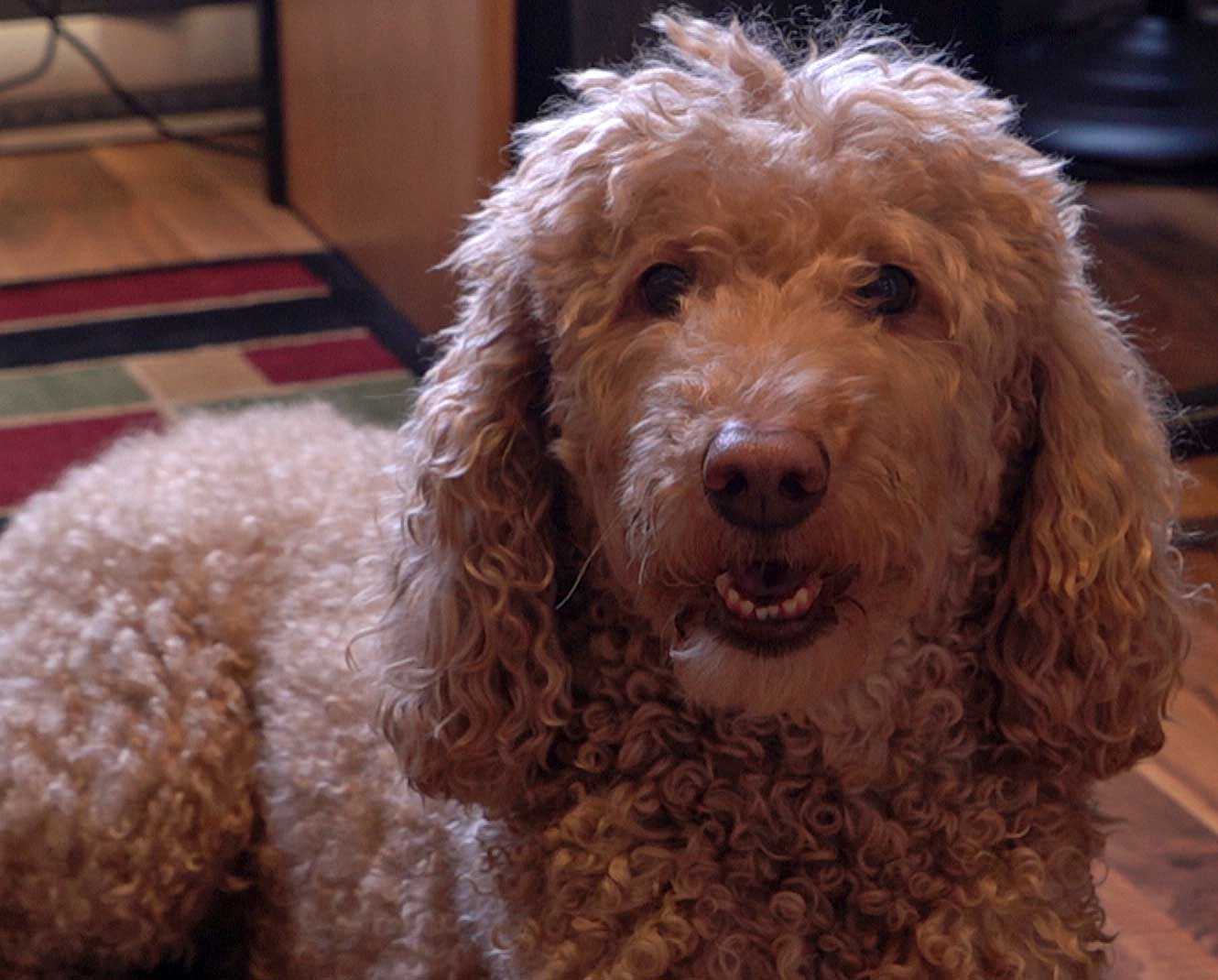
It determined the dog had five per cent Native American ancestry: two per cent Oji-Cree, two per cent Saulteaux and one per cent Mississauga.
"There has got to be something wrong there — a dog that's got Indigenous heritage?" Brabant said.
III. Strange results
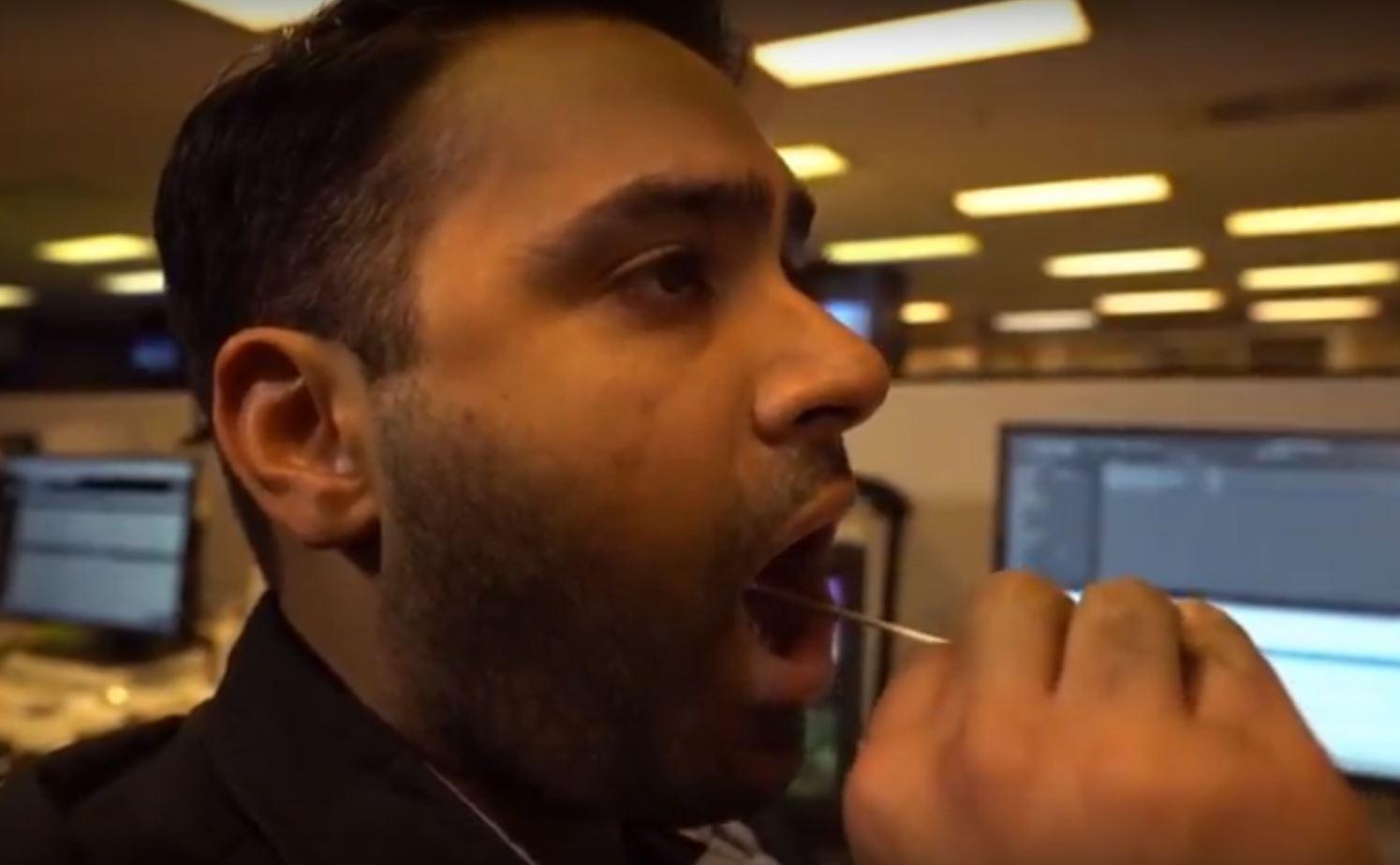
The website of Viaguard Accu-Metrics says the company is an industry leader in ancestral heritage testing.
To further investigate the accuracy of Viaguard’s testing, CBC News ordered the company's Indigenous ancestry testing kits and swabbed the DNA of three newsroom employees. Two were born in India and the third was born in Russia, and none was aware of any ancestral connections to North America's Indigenous populations.
CBC News also submitted samples from the three individuals to a second ancestry testing company. On the advice of experts, CBC used 23andMe, a large consumer DNA testing firm.
Five weeks later, Viaguard sent back results saying all three CBC employees had 20 per cent Native American DNA. The results were broken down further, linking them to specific First Nations communities. Viaguard determined that the DNA of each of the three individuals was 12 per cent Abanaki and eight per cent Mohawk — the same breakdown Côté received.
"Samples submitted in this matter may be useful from an informational perspective but do not meet standards of forensic scientific validity required for a legal test."
23andMe, in comparison, found none of the CBC employees' DNA was of Native American origin. Rather, greater than 99.8 per cent of their DNA was reported as being linked to the regions where they were born.
CBC News contacted Viaguard to ask about the test results. In a statement, the company said that many people find themselves in the range of 20 per cent Indigenous ancestry. It also cautioned that the results sent to CBC were only "informational."
"Samples submitted in this matter may be useful from an informational perspective but do not meet standards of forensic scientific validity required for a legal test nor are they intended to unless collected appropriately."
It said that DNA must be collected by a trained health professional for a test to be valid.
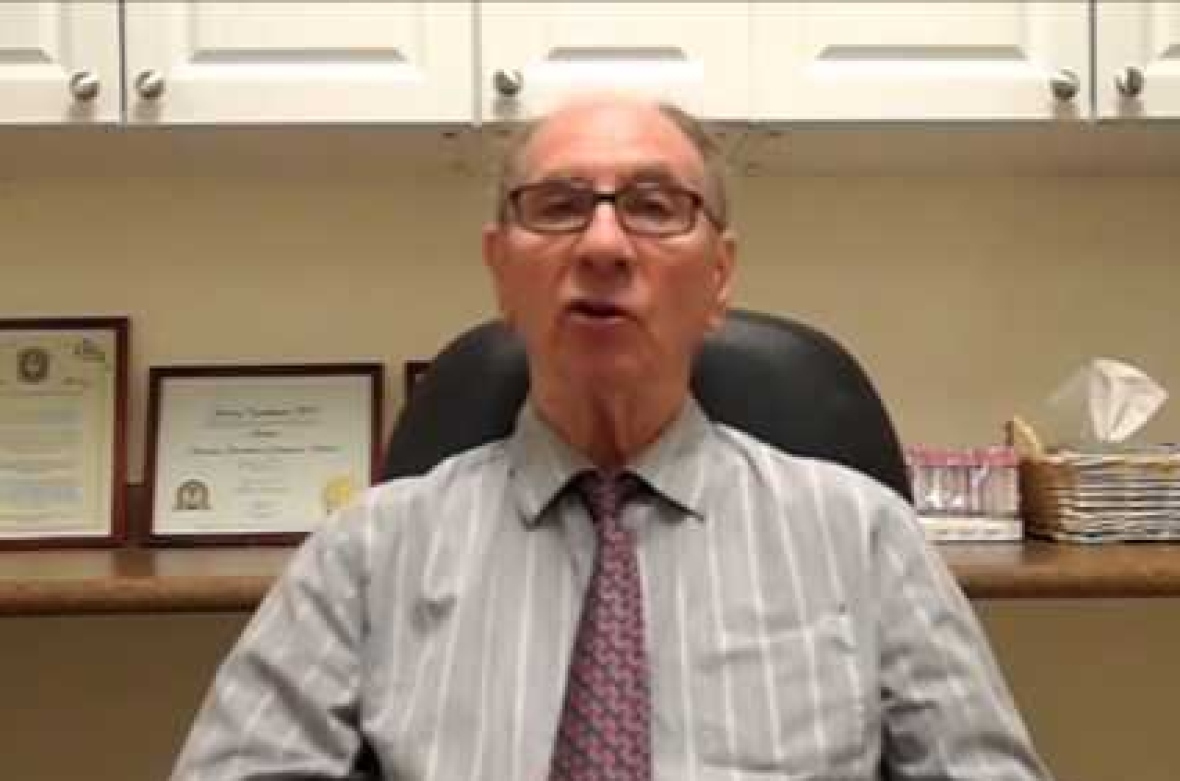
"Over the years," the statement said, the company has "developed links to a small number of tribes and developed algorithms which indicate possible linkage to those few tribes."
As for the dog DNA results, testing co-ordinator Donna Savoie said Viaguard has no way of determining that samples from a non-human were sent in, and that cross-contamination could have resulted in human DNA being detected.
"DNA that comes from any foreign cellular material can be present by either direct or indirect transfer in the process of taking swabs," she said in an email statement.
"We know that breathing, coughing or sneezing deposits foreign DNA on the swab."
Harvey Tenenbaum, Viaguard’s owner and research director, declined repeated requests from CBC News for an interview.
He referred further queries to "the grand chief Carle."
Carle says he has complete faith in Viaguard. He estimates it has conducted between 400 and 500 tests for his organization over the past two years.
"I inquired about it. It's my job as the grand chief to make sure that we don't get any BS from anybody saying somebody is something and yet they're not."
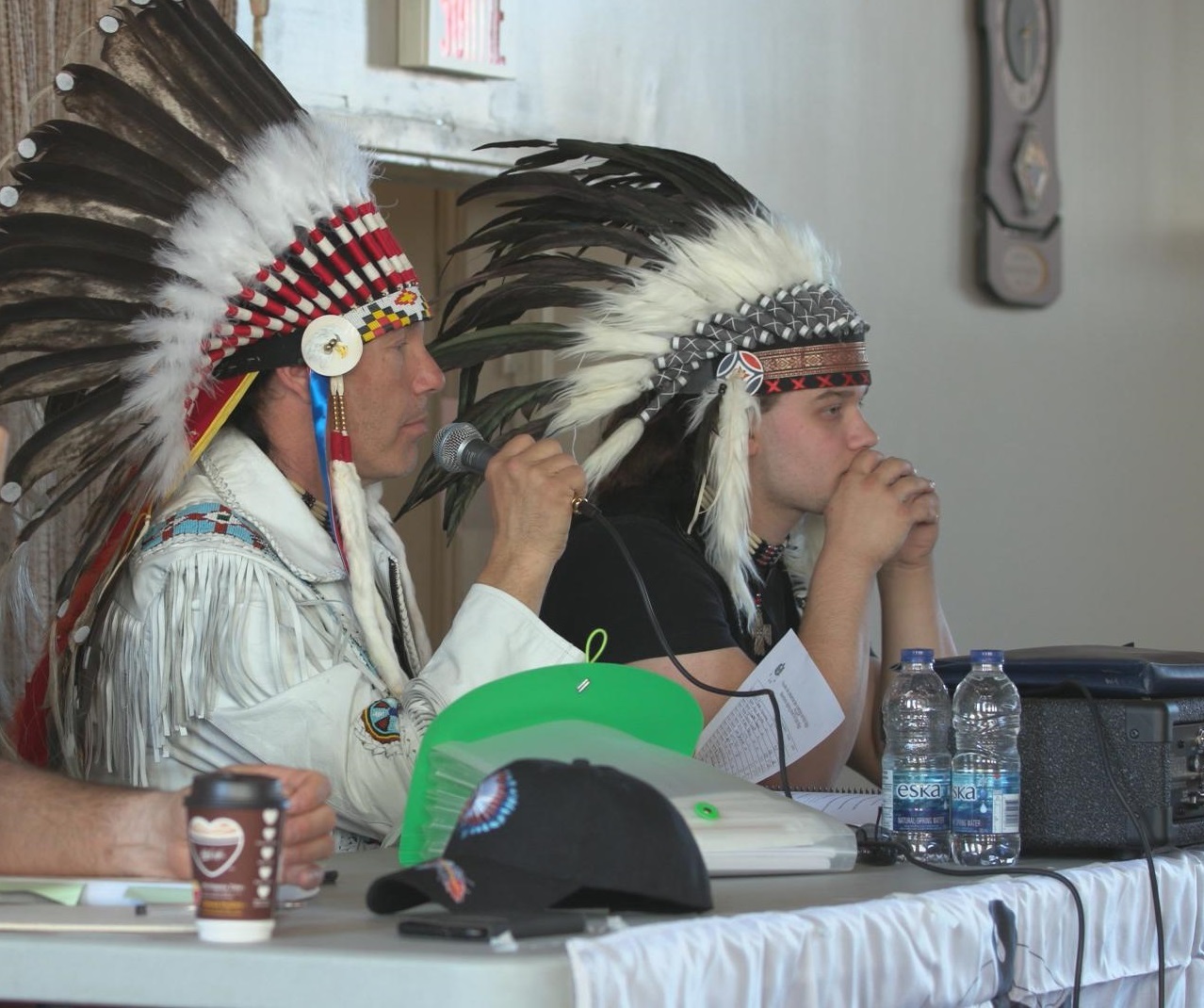
Carle maintained that he has no question about the legitimacy of his membership. He says Côté, Brabant and CBC used Viaguard's do-it-yourself DNA testing kits whereas CAPC's sample swabs are gathered by trained professionals.
He calls Viaguard's methods "bulletproof."
The genetics experts CBC asked to review Côté and Braband’s results, as well as those of the three CBC employees, are less confident.
Simon Gravel, an assistant professor with the Department of Human Genetics at McGill University in Montreal and the Canada Research Chair of statistical and population genetics, reviewed Viaguard's test results for the three CBC employees. He says the chance of three people having precisely the same percentage of Indigenous DNA is extremely unlikely.
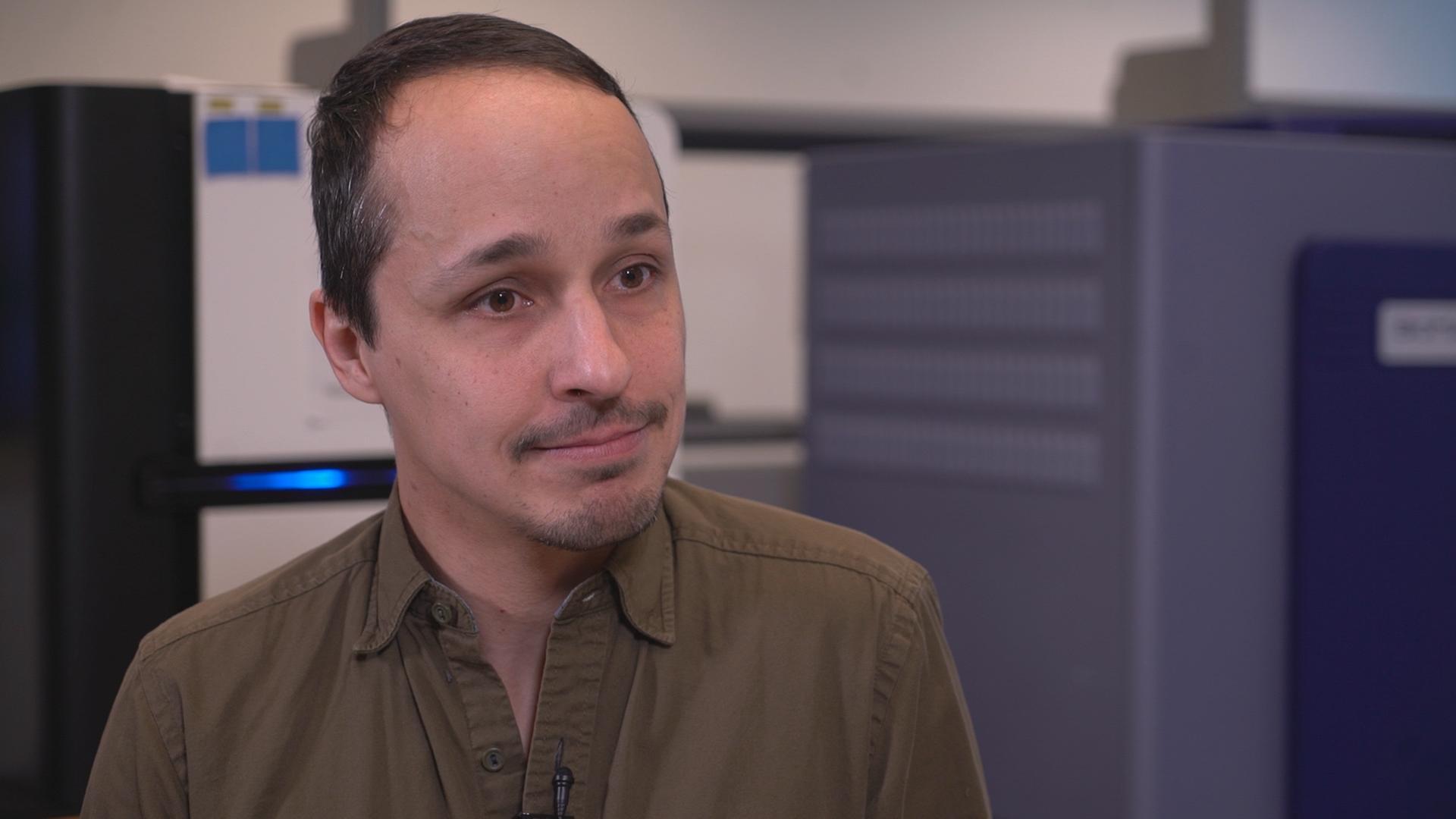
"If this happened in the lab here, we would just assume that we messed up," Gravel said.
Gravel also questioned Viaguard's claim that its testing can determine ancestry links to specific Indigenous bands.
"It is not possible to break down someone's ancestry into multiple First Nation groups using only mitochondrial and Y chromosome DNA," said Gravel. "Even the largest companies, which have access to genome-wide data, don't report such specific results.
"If you ask me based on this how much faith I put in these reports, I would say, personally, none."
Steve Carr, a geneticist at Memorial University in St. John’s, had a similar assessment.
"The results are comical, given that they can't tell the difference between dog and human DNA," he said.
He says there is an evident lack of knowledge about DNA forensic methodology "sufficient to fake a reasonable claim."
"All of this is called being lied to."
IV. Crackdown
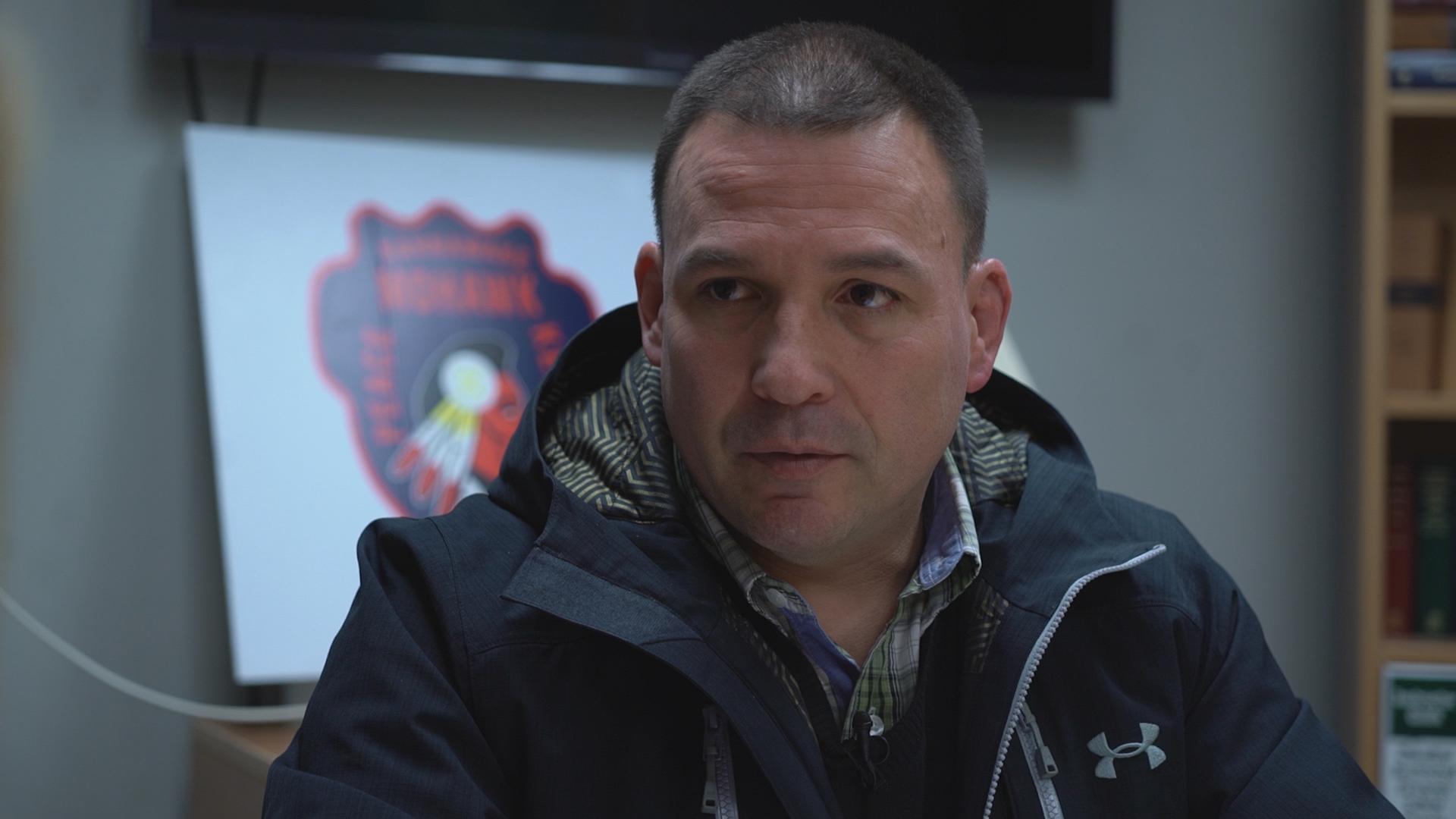
Meanwhile, the Mohawk police in the Montreal region — known as the Kahnawake Mohawk Peacekeepers — have started seizing CAPC cards from people who try to use them to claim tax exemptions on products that range from major appliances to cars.
"It's totally fake. It's a fraudulent card," said chief Peacekeeper Dwayne Zacharie.
The Mohawks of Kahnawake, whose reserve is 17 kilometres southwest of Montreal, can legally use their government-issued status cards to get tax exemptions in a range of stores off their reserve. But now, they have a problem: their legitimate cards are being rejected by stores that are becoming aware that some people are passing off non-government-issued cards as the real thing.
Zacharie says such transactions occur daily and that the Peacekeepers have confiscated about 100 cards.
"Somebody is giving them the hope that they have these rights — you know, somebody is giving them the means to commit these crimes. And my feeling is that these associations, whoever they are, whoever is in charge, are the catalysts for all of this."
To find out what CAPC members are being told about the cards, CBC journalists approached CAPC as prospective members looking to join. They were directed to meet with the vice-grand-chief of the organization.
During that meeting, she told them that a CAPC ID card can be used as proof of Indian status and to gain certain benefits.
"It's great for taxes," she said in hidden camera footage recorded by CBC during the interaction.
She went on to list stores that will accept the card: "Walmart, Canadian Tire, Home Hardware — you know, if they don't [accept it], just say, 'Well, this is my card. This is my Indian status.'"
Following her advice, however, could mean breaking the law.
- Indian status card confusion arises from Home Hardware incident
- Indian Status: 5 more things you need to know
The government of Canada does not accept ancestry DNA testing as proof of Indian status. According to Indigenous Services Canada, to qualify for Indian status, a person must establish that an immediate ancestor of theirs was recognized as "Indian" in historical records maintained by the Canadian government or an "Indian band."
And according to the Canada Revenue Agency, if a purchaser does not pay tax when they are aware of the legal requirements to do so, by attempting to use a false card, they may be guilty of an offence under the Excise Tax Act. The penalties could include a fine and up to six months in jail.
When CBC News followed up with the confederation's vice-chief to ask about what she had said, she said she didn't know that her organization's card was not officially recognized by the Canadian government for tax-exempt status. She also said that everything she told the CBC reporter about the card, she was told by CAPC.
Carle insists his vice-chief has it wrong and says she made many mistakes when talking to the journalists about the CAPC card. "She is a nice person, but she's junior enough to not know what she's talking about."
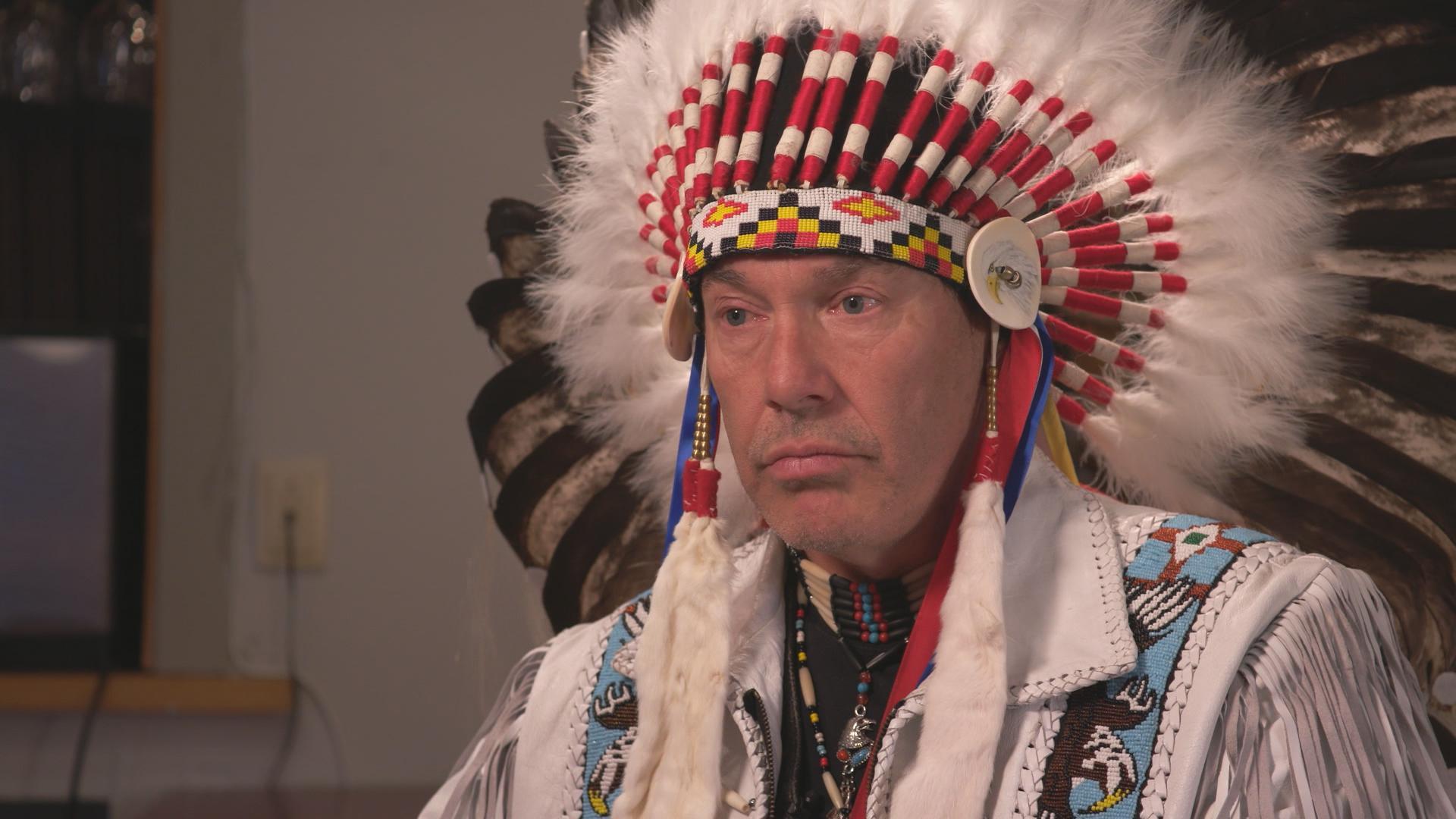
Carle argues that his members should be entitled to the same benefits as those with official Indian status but says he never tells his members that they can use their CAPC cards to have tax deducted from purchases.
He did, however, say in the interview with CBC and at a recent public meeting in Salaberry-de-Valleyfield, Que., that Indigenous people should be treated equally when it comes to tax exemptions regardless of whether or not they live on reserve.
When asked about his statements at the meeting and whether he advises people to use the CAPC cards for tax exemptions, Carle reiterated that he does not.
"It has nothing to do with this as a tax card. This is a status card that brings the rights of Aboriginal people to be able to use it in the way that they see fit," he said.
CBC then asked, “And if that means getting a tax exemption?"
“If that means getting a tax exemption, then get one,” Carle replied.
He said it's not his role as head of the CAPC to tell his members how to use the cards.
Indigenous Services Canada told CBC News that it has met with Carle and advised him to stop distributing cards that resemble Certificates of Indian Status. It also said it is reviewing allegations that cards not issued by the government may have been used to improperly obtain benefits intended for registered Indigenous people.
The department says it is co-operating with the Canada Revenue Agency, the RCMP and the Sûreté du Quebec in their own investigations into the fraudulent use of cards.
